Spinal Neurinoma — Surgical treatment in the Best Hospitals in the World
Treatment prices are regulated by national law of the corresponding countries, but can also include additional hospital coefficients. In order to receive the individual cost calculation, please send us the request and medical records.
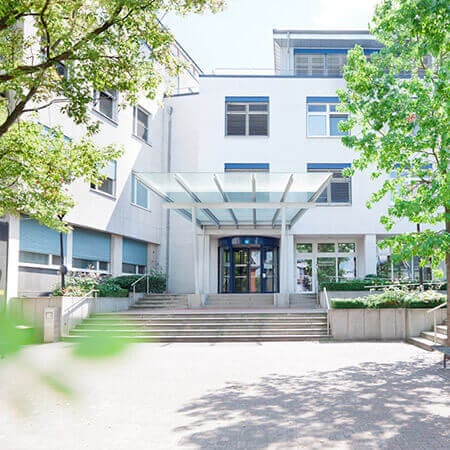
Department of Spinal Surgery
The Department of Spinal Surgery annually treats more than 690 patients with spinal neurinoma. The specialists remove the tumor endoscopically with the best possible preservation of healthy nerve tissue. The surgery involves the use of a three-dimensional O-Arm x-ray system that provides additional protection for the spinal cord. The department is headed by Dr. med. A Bitter, who specializes in microsurgical spinal interventions.
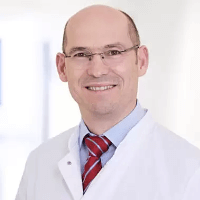
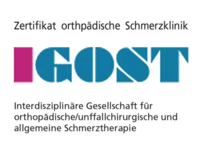
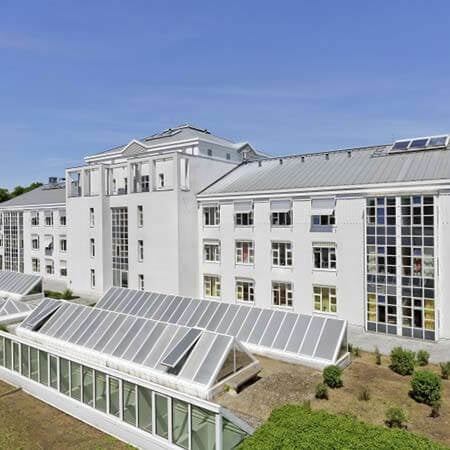
Department of Spinal Surgery
The Department of Spinal Surgery at the Vivantes Auguste-Victoria Hospital all diseases of the spine - both conservatively and operatively. Patients with herniated intervertebral discs, displacement of vertebrae, stenosis of the spinal canal or back pain are treated here. In addition, specialists of the department have a unique experience in the field of complex reconstructive and revision surgeries, which are conducted to continue or correct the previous surgical treatment.
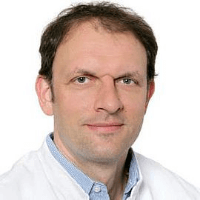
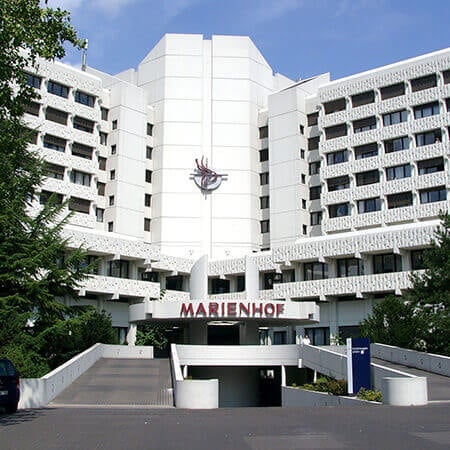
Department of Spinal Surgery
The Department of Spinal Surgery offers the full range of effective treatment methods in the area of its specialization. A highly qualified team of doctors is at the service of the department's patients, who have in their arsenal advanced conservative and surgical treatment methods for pathological changes in the spine. Spinal surgical procedures are performed in modern operating rooms, the technical equipment of which allows spinal surgeons to perfectly perform both major open surgery and sparing interventions: minimally invasive, endoscopic, and microsurgical. Surgical treatment is complemented by a carefully planned course of physiotherapy. This includes procedures such as therapeutic exercises, manual therapy, massage, osteopathic treatment, etc. The department's team of doctors consists of 10 highly qualified specialists who, together with experienced nursing staff, admit more than 1,300 inpatients annually. The medical facility is certified by the German Society for Spine Surgery (DWG) as a level II specialized center. The department's medical team makes every effort to provide each patient with optimal treatment in a pleasant and friendly atmosphere.
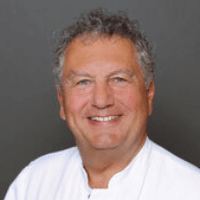
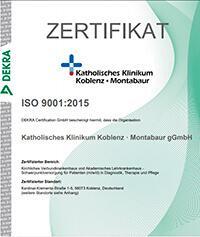
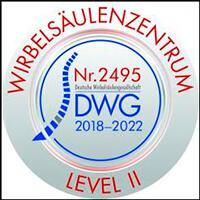
Spinal neurinomas (schwannomas) are usually benign spinal nerve sheath tumors. They grow slowly and require treatment only if they become large, show a rapid growth pace on MRI scans, or cause any neurological symptoms. The main treatment method for the disease is surgery. You can undergo your treatment abroad to get the best results with the least risk to your health. You are welcome to visit the Booking Health website to find out the prices and compare the cost of services in different hospitals.
Content
- How is surgical treatment for spinal neurinomas performed abroad?
- The results of surgical removal of spinal neurinomas
- Why to undergo your spinal neurinoma treatment abroad?
How is surgical treatment for spinal neurinomas performed abroad?
Any spinal cord tumors, including neurinomas, are removed during open surgery. A physician must have a good view of the surgical field to detect and completely remove the tumor. Complete tumor removal surgery provides the lowest risk of recurrence.
Surgical approaches can be different. A surgeon's choice depends on the level of the tumor's location (cervical, lumbar, or thoracic spine), whether it affects the anterior or posterior spinal nerve roots, and also on its size and whether it invades the intervertebral foramen (an hourglass-shaped tumor).
Whenever possible, doctors use only a laminectomy, during which they remove the vertebral arches. Such an approach is often used for posterior spinal neuromas, which grow from the sensitive spinal nerve root. Doctors abroad also use a hemilaminectomy to further reduce the invasiveness of the operation. They remove only one vertebral arch, not both, while preserving the spinous process. At the same time, less bone tissue is resected, and traumatization of the back muscles and ligaments is reduced. As a result, the spine remains stable, and patients recover faster after surgery.
Surgeons do not always manage to perform the surgical intervention through a minimally invasive approach, preserving the bony structures of the spine. If the spinal neuroma is located anteriorly (in the ventral, motor root), facet joint resection, either partial or total, may be required.
If a significant part of the vertebra is removed and there is a threat of spinal instability, doctors rigidly connect the two vertebrae or implant dynamic stabilization systems. The second option is better because it preserves the mobility of the operated segments of the spine, which reduces the risk of degeneration of the adjacent intervertebral joints.
In developed countries, surgical treatment of spinal neuromas is carried out under the guidance of neuromonitoring. Before performing direct electrical stimulation of the roots in the surgical wound, doctors insert electrodes into the innervation zone of the operated segment of the spinal cord. They can thus check whether the roots retain their function and avoid damaging functionally important tissues so as not to cause a neurological deficit.
The results of surgical removal of spinal neurinomas
The results depend on the location, size of the spinal neurinoma, the number of tumors, and their grade. Most lesions are benign, but patients with neurofibromatosis type 2 have more aggressive neuromas, often invading deeply and destroying spinal nerve roots. Such patients have multiple tumors that are characterized by rapid growth and reach large sizes. They can be not only benign but also malignant.
During the operation, doctors strive to remove the spinal cord neurinoma completely. Such a resection is called total. It provides a minimal risk of recurrence, which accounts for no more than 5% in long-term follow-up. The disease is permanently cured and never recurs in most patients. In the future, a person will not need any revision surgery or other treatment methods, such as radiation therapy.
Hospitals in developed countries manage to perform total resections on most patients. As a benign tumor, a neuroma has clear boundaries and does not invade deeply into the spinal cord or spinal nerve tissues. It is therefore easily detected, can be separated from normal tissues, and is totally resected. Preoperative and intraoperative diagnostics help doctors find all tumor fragments.
Spinal cord tumors may sometimes invade the spinal nerve root at the time of treatment. In this case, it loses its function and must be removed. After root removal, neurological symptoms manifest themselves in only 7-15% of patients. This is due to the fact that the spinal neurinoma progresses slowly. Over several years, while one spinal nerve gradually loses its function, others take on the task of innervating tissues in this area.
If the tumor invades the intervertebral foramen, it is more difficult to remove it completely, and operations become more traumatic. During the treatment of neurinomas, doctors in developed countries do not strive to remove a spinal cord tumor at any cost. Even subtotal removal gives good results, and at the same time, the invasiveness of the intervention is reduced and the risk of developing neurological and other complications is lower. Subsequently, the remaining fragment of the tumor may stop growing or grow so slowly that symptoms never appear. If symptoms do occur or if the tumor grows faster, doctors may conduct radiation therapy to destroy the neuroma with radiation.
Patients with neurofibromatosis type 2 have the most complex treatment of neurinomas. They often develop multiple tumors at different levels. Even in such a complex case, doctors abroad manage to perform a total resection on 75% of patients.
Why to undergo your spinal neurinoma treatment abroad?
Almost every country in the world has hospitals with Departments of Neurosurgery that perform operations on the spinal cord and brain. Doctors also perform surgery to remove spinal neurinomas.
However, the effectiveness and safety of treatment in different countries and different Neurosurgery Centers are not the same. There are a few reasons for you to undergo your treatment abroad. These are the following:
- high-quality preoperative diagnostics using state-of-the-art equipment enable optimal treatment planning;
- less trauma as doctors try to use more sparing surgical approaches with minimal bone tissue removal and facet joint preservation;
- spinal stability is maintained;
- If necessary, an implanted dynamic fixation system maintains the stability of the spine, which not only stabilizes the spine but also ensures its mobility;
- the preservation of the mobility of the operated segment of the spine prevents the development of degenerative changes in the adjacent intervertebral joints;
- Neurosurgery Centers abroad provide patients with high-quality intraoperative diagnostics, including ultrasound and neuromonitoring, which minimizes the risk of complications;
- doctors try to preserve the spinal nerve roots during treatment if they are not destroyed by the tumor;
- neuromas can be completely removed in most patients, which reduces the risk of their recurrence;
- full rehabilitation after surgery helps patients return to their normal lives as soon as possible and fully recover without any neurological deficits.
You are welcome to use the Booking Health service to find out the cost of treatment, compare prices at different Neurosurgery Centers, and make an appointment for your treatment abroad at the best price. Our company's employees will help you find a hospital and a doctor. Booking Health provides lower prices for treatment than if you contact the hospital directly. The cost of treatment will be lower due to the lack of taxes for foreign patients.
The initial price indicated on the website is final, and it will not increase after the start of your treatment as you will receive insurance that will protect against additional medical expenses.
When you make an appointment for your treatment through Booking Health, you will receive travel arrangement services. We will book hotel and airline tickets for you, provide you with interpreting services, meet you at the airport, and take you to the hospital by car. After the completion of your treatment, we will take care of your return transfer from the hospital to the airport.
Authors:
The article was edited by medical experts, board-certified doctors Dr. Nadezhda Ivanisova and Dr. Vadim Zhiliuk. For the treatment of the conditions referred to in the article, you must consult a doctor; the information in the article is not intended for self-medication!
Sources:

